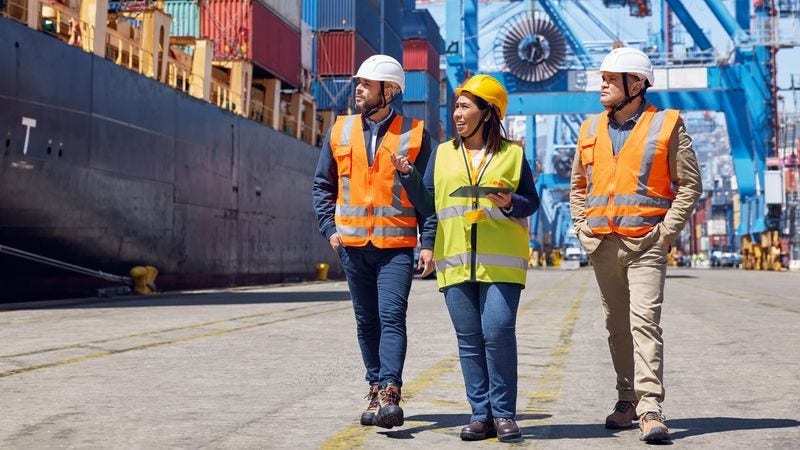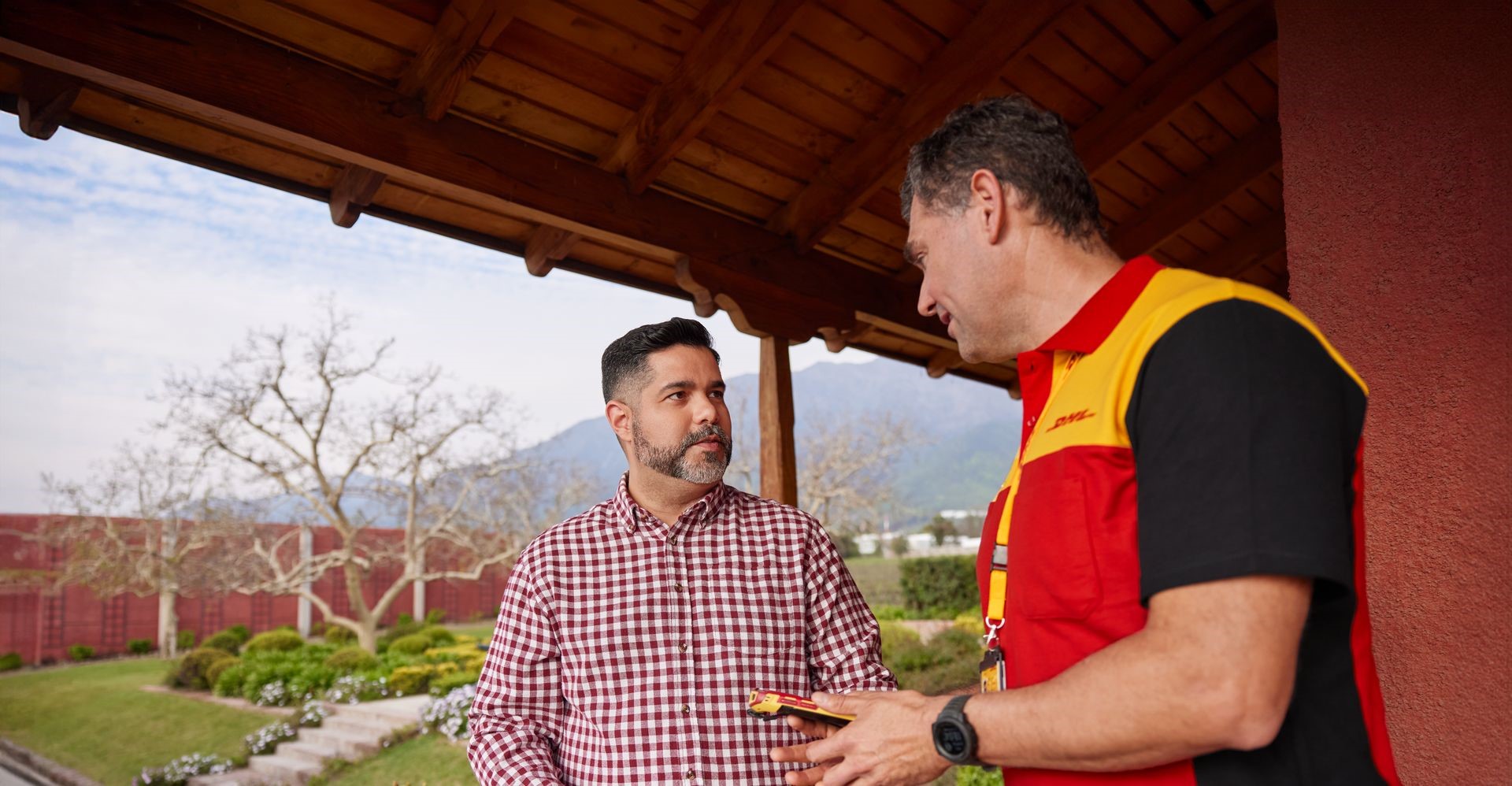The global specialty coffee market is booming with consumers increasingly seeking unique, high-quality coffee experiences. New Zealand (NZ), with its pristine environment and focus on sustainable practices, is perfectly positioned to capitalize on this trend. While still an emerging player in the global coffee scene, New Zealand’s coffee exports are steadily growing. In 2023, the country exported US$4.12M in coffee, with major destinations including Australia, the United States, and Fiji1. This presents a fantastic opportunity for Kiwi coffee producers to expand their reach and share their exceptional beans with the world. This guide on how to ship coffee beans internationally will help you share your remarkable product with the world.
Understanding export regulations for coffee beans
Before shipping your first batch of coffee beans, it's crucial to understand and comply with New Zealand's export regulations. The Ministry for Primary Industries (MPI) provides comprehensive information on export requirements for food products, including coffee beans.
You will require:
- Export Permit: Issued by the MPI, this permit is required for all food exports from New Zealand.
- Phytosanitary Certificate: This certificate certifies that your coffee beans are free from pests and diseases.
- Food Safety Certificate: If your coffee beans are processed or packaged, you may need a food safety certificate to comply with international standards.
Additionally, be aware of the specific import regulations of your target countries. These may include labeling requirements, tariffs, and restrictions on certain coffee varieties.
Identifying target markets for your coffee beans
Now that you've got a grasp of the regulatory landscape, it's time to identify your target markets. Conduct thorough market research to pinpoint countries that align with your coffee's unique qualities and your business goals. Consider factors such as:
- Consumer preferences: Are they inclined towards arabica or robusta beans? Do they prefer single-origin or blended coffees?
- Competition: Assess the level of competition in your target market. Are there established players, or is there a niche for your specific type of coffee?
- Import regulations and tariffs: Research any tariffs or trade agreements that may impact your export costs and profitability.
Australia, with its strong coffee culture and proximity to New Zealand, is a natural starting point. Other potential markets include Japan, the US, and Europe, where demand for high-quality, sustainably sourced coffee is growing.
Preparing coffee beans for export
To ensure your coffee beans arrive at their destination in optimal condition, it's essential to prioritize the following: .
- Quality assurance: Maintaining consistent quality is paramount for success in the international coffee market. Ensure your coffee beans are properly graded, sorted, and have the correct moisture levels to preserve freshness and flavor.
- Packaging: Choose moisture-proof packaging materials to protect your coffee beans during transit. Consider sustainable packaging options to appeal to environmentally conscious consumers.
- Labeling: Accurate labeling is essential for compliance with import regulations. Labels should include information about the origin of the coffee, any certifications (e.g., organic, fair trade), and roasting instructions.
Navigating logistics and shipping

With your coffee beans expertly prepared and your target market identified, it's time to focus on the crucial aspects of logistics and shipping. Getting your coffee from New Zealand to its destination on time and in pristine condition is paramount to satisfying customers and building a positive reputation in the competitive international coffee market. To prevent setbacks that will impact costs and quality, consider these key factors for a smooth export journey:
Choosing the right shipping method: The type of coffee beans you're exporting will influence your shipping method. Green coffee beans, with their longer shelf life, are well-suited for bulk shipments via sea freight. Roasted coffee beans, however, require faster delivery to maintain freshness, making air freight the preferred option.
Customs clearance: Ensure all necessary shipping documents, such as the bill of lading, certificates of origin, and phytosanitary certificates, are in order to facilitate smooth customs clearance.
Partnering with a reliable logistics provider: A trusted logistics partner like DHL Express can simplify the export process. Their expertise in handling agricultural products, including temperature-controlled solutions, customs support, and more, ensures your beans reach their destination on time and in optimal condition.
Marketing your coffee internationally
Now that your logistics are sorted, it's time to turn your attention to marketing your coffee beans in the international arena. A well-crafted marketing strategy is essential for building brand awareness, attracting customers, and, ultimately, driving sales.
To effectively market your coffee internationally, consider the following:
- Craft a compelling brand story: Develop a strong brand identity that resonates with your target audience. Highlight your coffee's unique qualities, origin, and sustainable practices.
- Connect with buyers: Attend international trade shows, leverage online marketplaces, and build relationships with distributors to reach potential buyers.
- Embrace sustainability: Highlight your commitment to sustainable farming and packaging practices, which can be a significant differentiator in the competitive coffee market.
By effectively communicating your brand message and connecting with the right buyers, you can establish a strong presence in the international coffee market and achieve your export goals.
Financial considerations for exporting coffee beans
Lastly, to ensure the financial viability of your coffee export venture, it's crucial to carefully consider all cost implications and payment methods. This includes factoring in:
- Tariffs and taxes: Research the import duties and taxes levied by your target countries, as these can significantly impact your overall costs.
- Transportation costs: Compare shipping costs for different modes of transport, such as sea freight and air freight, to optimize your expenses.
- Insurance: Obtain adequate insurance coverage to protect against potential losses or damage during transit.
- Secure payment methods: Utilise secure payment methods like Letters of Credit or Cash Against Documents to mitigate financial risks and ensure timely payment for your exports.
Overcoming Challenges in Coffee Exports
The coffee export journey can be fraught with challenges, such as fluctuating demand, shipping delays, and regulatory changes. However, by proactively addressing these challenges, you can minimise their impact on your business.
- Fluctuating Demand: Stay informed about market trends and consumer preferences to anticipate changes in demand and adjust your coffee bean production and export strategies accordingly.
- Shipping Delays: Work with a reliable logistics partner like DHL Express, which offers real-time tracking and proactive solutions to minimize delays and ensure timely delivery.
- Regulatory Changes: Keep abreast of any changes in export or import regulations in your target markets to ensure continued compliance and avoid costly disruptions.
Why DHL Express is your ideal logistics partner for coffee exports
With expertise in agricultural logistics and a global network, DHL offers comprehensive export services tailored to your needs. Benefit from real-time shipment tracking, expert customs support, and temperature-controlled shipping solutions to ensure your coffee arrives in optimal condition. Choose DHL Express and leverage our sustainable shipping options to minimise your environmental impact while expanding your business globally.
Ready to share your coffee beans with the world? Open a DHL Express business account today and let us handle your international shipping needs.






